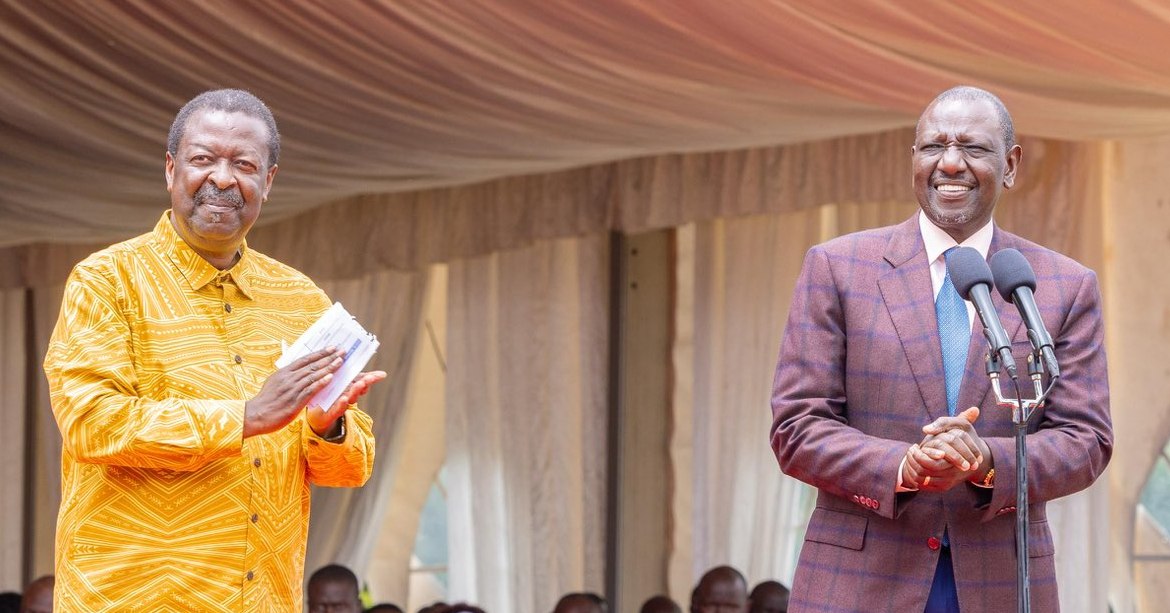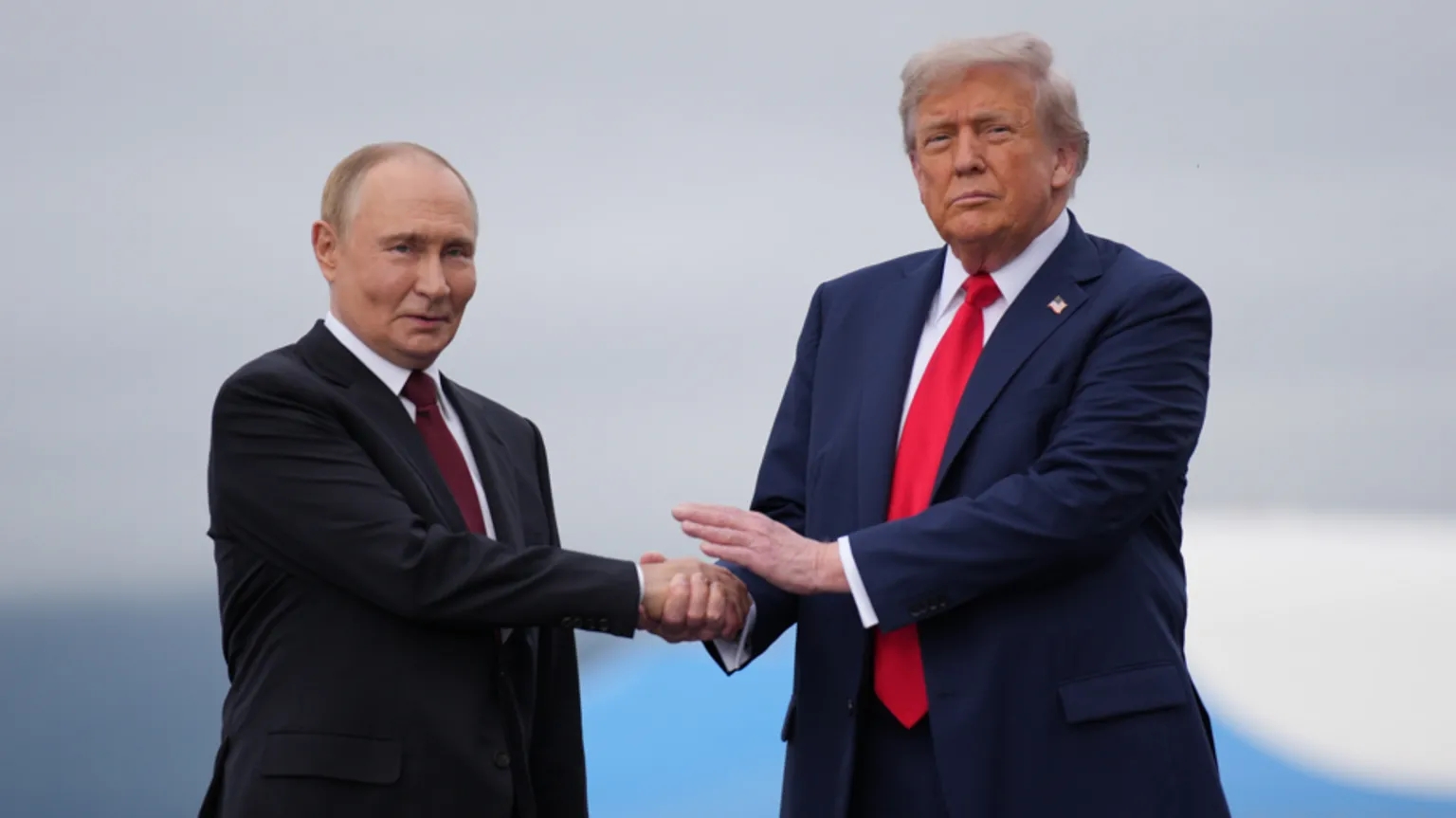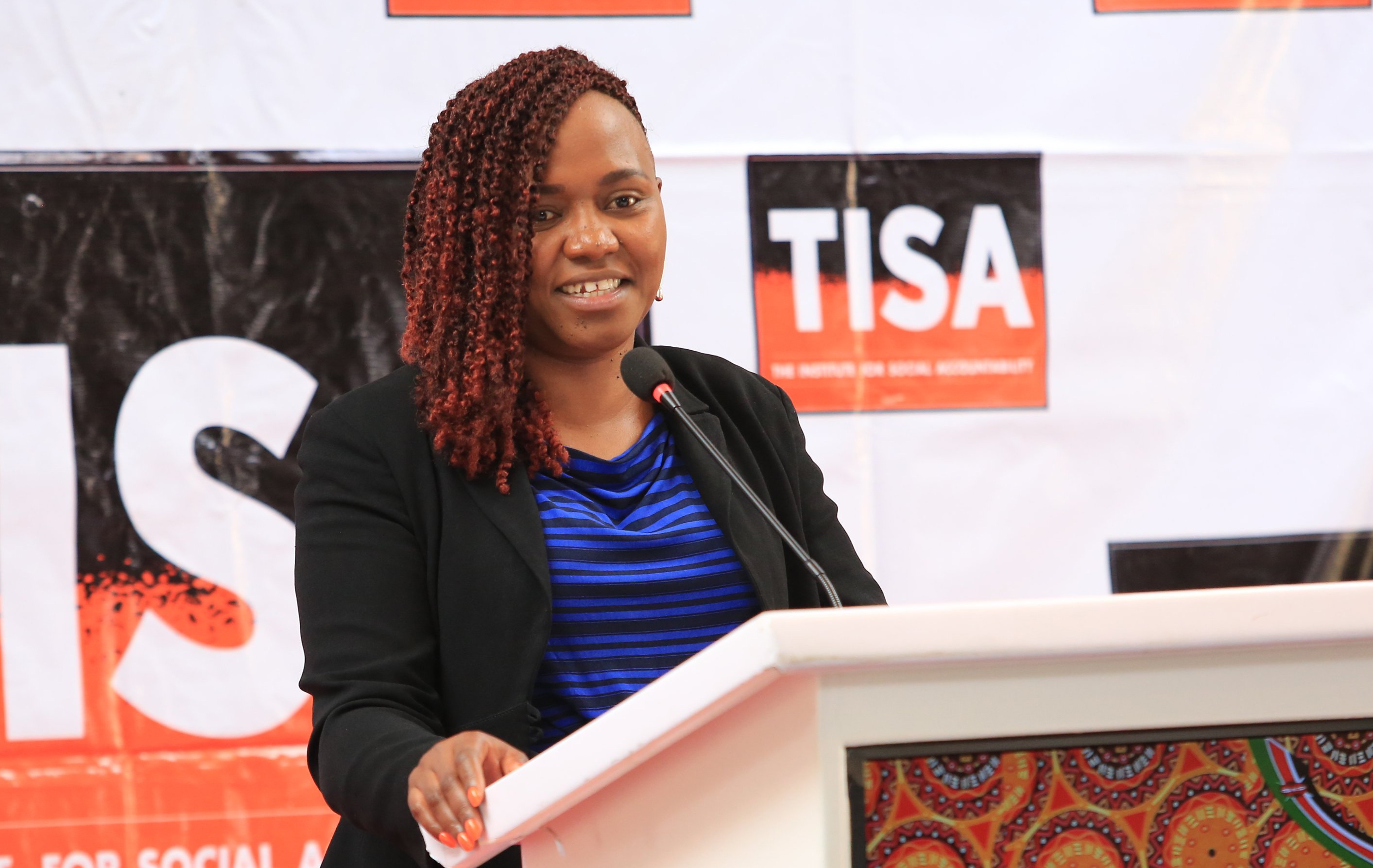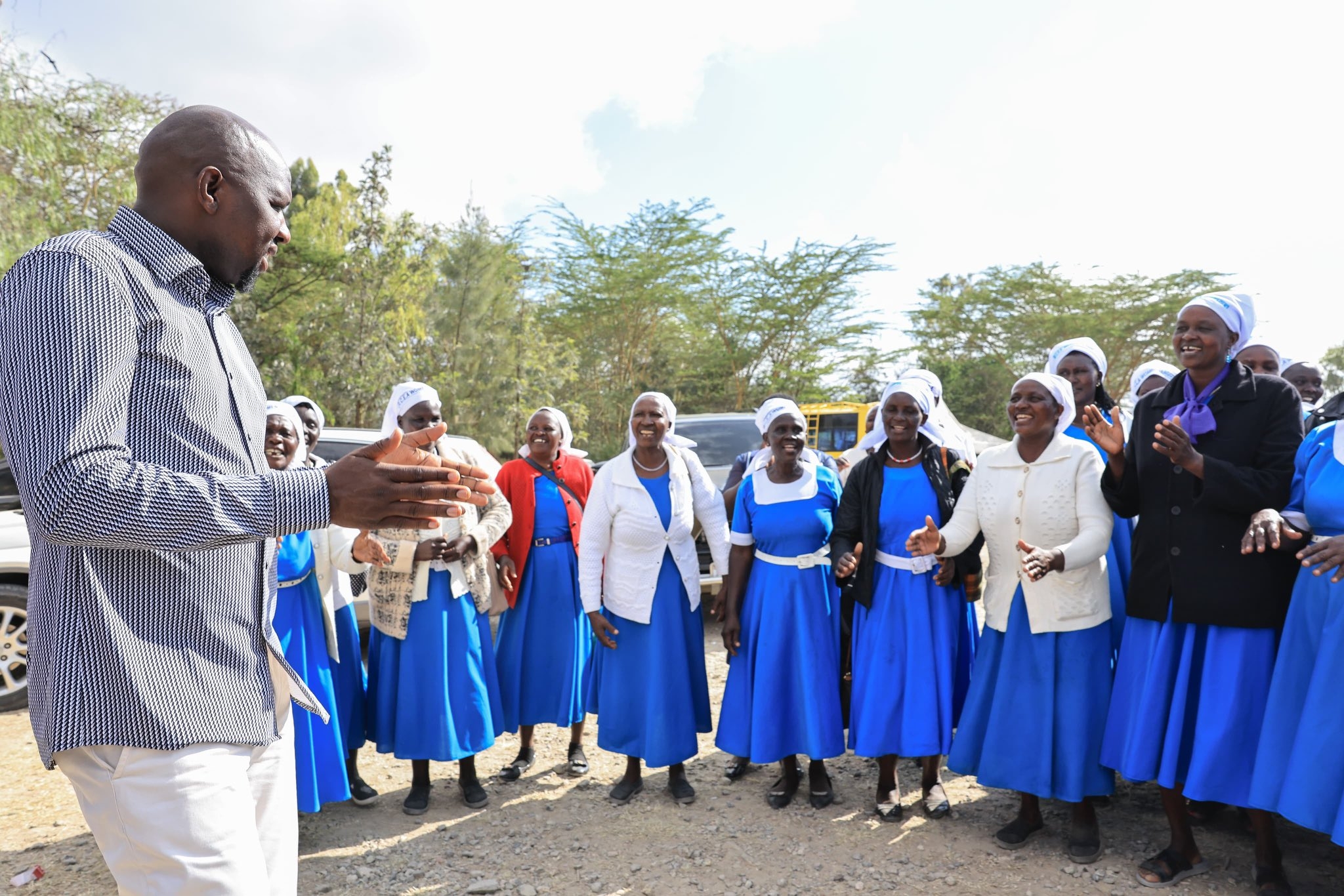
 President William Ruto with Prime CS Musalia Mudavadi during inspection tour of the Affordable Housing Project in Mudasa, Vihiga county, October 4, 2025. /PCS
President William Ruto with Prime CS Musalia Mudavadi during inspection tour of the Affordable Housing Project in Mudasa, Vihiga county, October 4, 2025. /PCSAgoa, enacted in May 2000, provides eligible sub-Saharan African countries with duty-free access to the US market for more than 1,800 products.
Kenya has been among the biggest beneficiaries of the pact, with textiles and apparel forming the bulk of its exports.
In 2024 alone, the country exported $470 million (Sh60.7 billion) worth of apparel to the US.
The preferential trade deal was set to expire at midnight on September 30, 2025, although the White House has indicated its willingness to support a one-year extension.
Speaking on Saturday in Vihiga county during an inspection tour of the Affordable Housing Project in Mudasa, President Ruto said he had met with a US official in Washington during his recent visit to New York, where he was one of the speakers at the 80th Session of the United Nations General Assembly (UNGA).
"I spoke to the American government, and now they are considering giving us extended access to the Agoa, and so hopefully for the next one year we will continue to export into the American market," Ruto said.
We are also in talks with them to have bilateral trade agreements so that we can use the US market to uplift our agriculture by exporting coffee, tea, horticulture, textile apparel and everything else we export."
Reports indicate that even though the White House is supporting the renewal, there is no extension yet.
The deal had lapsed and can only be renewed through Congress, but with the current shutdown, it is yet to be passed.
Analysts note that the programme remains strategic for Washington as it seeks to counter growing Chinese influence on the continent, particularly in infrastructure development and technology.
Kenya Private Sector Alliance (Kepsa) has described Agoa as a win-win arrangement that not only boosts Africa’s exports but also delivers significant savings for American consumers.
According to Kepsa, the agreement saves US consumers between $200 million and $250 million (Sh25.8 billion to Sh32.3 billion) annually by keeping prices low on products such as jeans and uniforms.
While Agoa has faced challenges in recent times, including the Trump-era tariffs of between 10 and 30 per cent that diluted some of its gains, it remains highly beneficial to African exporters.
For Kenya, an extension will secure continued access to a critical market and buy time as Nairobi and Washington negotiate a broader bilateral trade agreement.
With textiles, apparel, coffee, tea and horticulture topping Kenya’s list of exports, the extension will also offer a lifeline to thousands of workers in the manufacturing and agricultural sectors who depend on Agoa to sustain their livelihoods.














